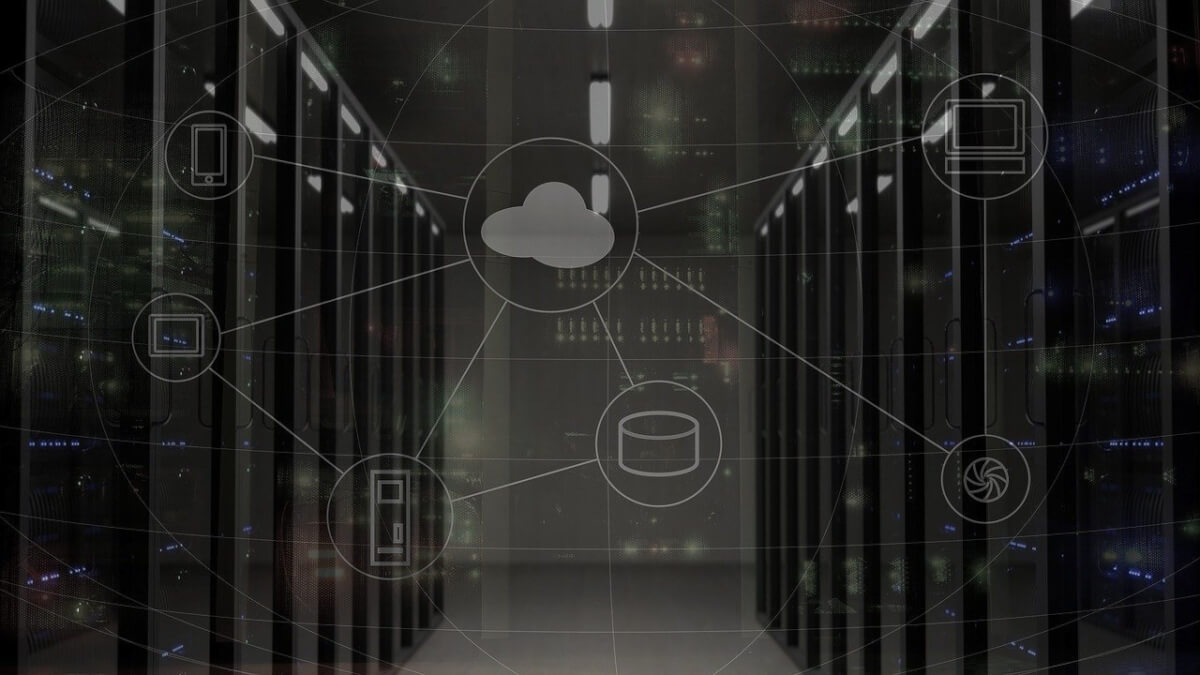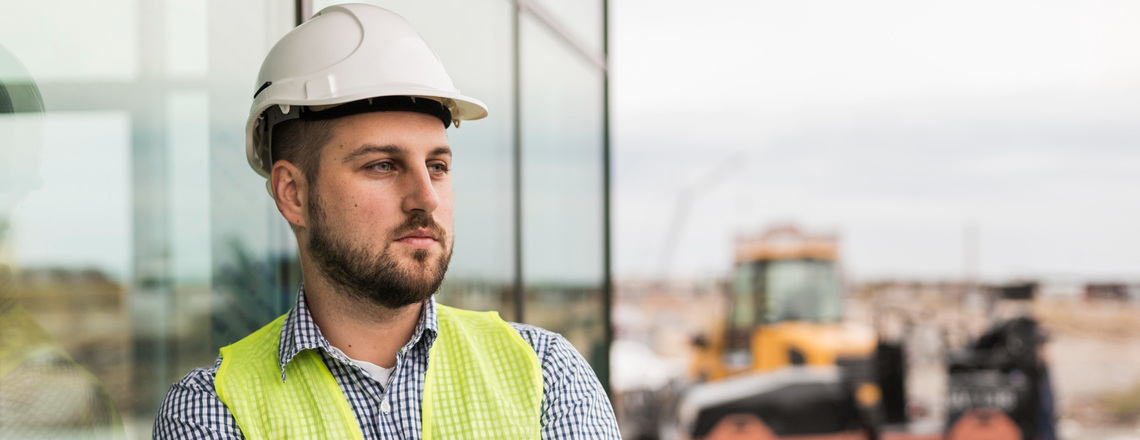Listed below are a few scenarios that may result from the current COVID-19 pandemic.
COVID-19 might permanently increase remote work
Like Tempesta Media, many businesses have been forced to send their employees home to work remotely. The rapid growth of the coronavirus in China led us to implement a completely remote structure in early February. After a short period of adjustment, the staff now prefers to work from home. They enjoy the better work-life balance, the ability to focus intensely on their work and the elimination of commuting time.
While Tempesta Media represents just one data point, other companies who have made the move seem to be experiencing similar stories. Once COVID-19 finally subsides, there is a great possibility that employers may rethink their previous in-office work practices. In other words, they may become more flexible in providing employees with work-from-home options.

Using managed services and gig workers may become the norm
After the shock effects of COVID-19 dissipate, companies may not be as willing to hire permanent staff as they were before. Fortunately, flexible managed services like Tempesta Media and the usage of gig workers have proven themselves as viable alternatives. Here’s why:
- Efficiency and costs savings – These largely depend on a company’s internal cost structure, depth of subject matter expertise and overhead allocations. However, using a managed service can be up to 80% less expensive than maintaining an internal team of full-time personnel.
- Expertise – Most companies have a handful of core competencies that provide them with their competitive advantage and differentiation. Any areas outside of those centers of excellence are great candidates for outsourcing to subject matter experts. For example, many companies no longer do their payroll in-house. Instead, they rely on payroll processors to handle processing and compliance management. Areas within the marketing department are also great candidates for outsourcing to a managed service provider.
- Flexibility – By relying on competent third parties, companies can structure those relationships in a flexible manner. As business returns post-pandemic, flexibility allows businesses to rapidly scale up while still protecting against the downside of a prolonged business slump.
COVID-19 may eliminate big office space footprints
With employees working remotely, companies may soon discover that they don’t need as much office space. To clarify, some office space will still be needed. However, will companies need much more than a conference room and a handful of flex-space working areas? More importantly, will companies want to continue to spend for exorbitant rental rates?
Retail space may not be needed as much
The same may also apply for retailers. In fact, with retail locations closed throughout the country, shoppers have seamlessly migrated their purchases online. Consequently, retailers continue to struggle to follow them online and keep up with the demand.
It’s not just the infrastructure component, though. It’s also the marketing component. How many small and mid-sized retailers have a robust content marketing program or customer nurturing program? Fewer than you might think.
In short, retailers need to quickly adapt and move more of their business online. The alternative is staying closed forever.
To that end, this does not bode well for retail real estate owners. Prior to the virus, there was already a sustained consolidation happening in the retail space.
If a sizable percentage of prospective buyers simply stop coming into stores (even when they reopen), how are landlords going to justify high rents? How will retailers reduce their store footprint sizes or number of locations?
COVID-19 may curtail eating out
Restaurants are really taking it on the chin. In fact, according to the National Restaurant Association, 3% of restaurant operators have permanently closed, with another 11% expected to close within the next 30 days. These are truly brutal numbers.
For restaurants expecting a V-shaped recovery post-pandemic, they may be in for a rude awakening. Americans are rediscovering home-cooked meals. According to Yahoo Finance, traffic to online recipe sites is skyrocketing.
Home-cooked meals certainly don’t support the restaurant industry. However, if your company sells meal-kits and pre-packaged home dinners, business may be good for the foreseeable future.
Notably, this is not to say no one will go to a restaurant again. That’s absolutely not the case. Humans are social by nature. Having a meal together, whether it be for business or pleasure, is a core component of our social interactions. It just may take longer than expected for restaurant revenues to bounce back.
In general, the restaurants that invest heavily (again, both in infrastructure and marketing) in their online ordering and delivery capabilities will be best positioned to ride this shift in human behavior. Conversely, traditional eat-in dining will slowly recover.

Say goodbye to profligate consumer spending
Say hello to savings and frugality. I believe the restaurant and retail recoveries will also be hampered by a change in Americans’ mindset toward spending and saving. Even before COVID-19 made its debut, Americans had been steadily increasing their savings rates. This was likely due to a roaring economy and record low unemployment rates.
However, despite a rising savings rate, many Americans were still living paycheck to paycheck. As such, with over three million Americans having filed for unemployment by the 3/21 weekend and expectations of unemployment cresting at upwards of 30%, many Americans (who are still employed) are likely to cut back hard on all discretionary spending.
This is similar to how the dot-com bubble and the 2008 financial crisis made many Americans walk away from equity investing. If things follow the same pattern, the economic effects of COVID-19 may force Americans to permanently change their views on consumption and material gratification.
We may get back to family, friends and spirituality
Maybe it had to take a crisis of this magnitude to get us all to remember why we were put on this earth in the first place. In the hustle and bustle of every day life, it always seems like there is something that has to get done. There’s always something that makes us busier than we want to be. There’s always something that gets in the way.
In part, those “somethings” always took precedence because we unconsciously thought that there would be a tomorrow to see and spend time with family and friends. There would always be time to give “thanks.”
With this pandemic smashing into our lives, tomorrow is not promised. Those “somethings” no longer look as important or pressing, and those family members and friends do.
There’s no doubt that when COVID-19 fades to memory, as all pandemics eventually do, our world will be a different place. May it help bring us together and help us better focus on what is really important.
What other changes do you anticipate will happen after the pandemic ends?











